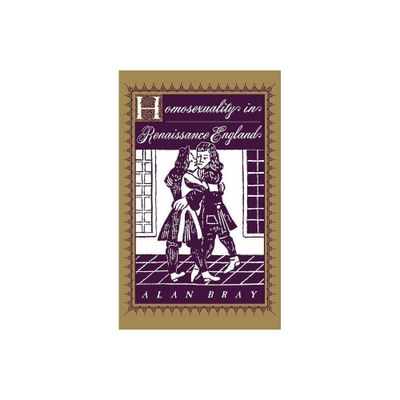Home
Voices of Melancholy: Studies in Literary Treatments of Melancholy in Renaissance England
Loading Inventory...
Barnes and Noble
Voices of Melancholy: Studies in Literary Treatments of Melancholy in Renaissance England
Current price: $20.00


Barnes and Noble
Voices of Melancholy: Studies in Literary Treatments of Melancholy in Renaissance England
Current price: $20.00
Loading Inventory...
Size: OS
*Product Information may vary - to confirm product availability, pricing, and additional information please contact Barnes and Noble
“Packed with solid information and penetrating criticism . . . [with] often brilliant analyses of individual works.” —Hubert M. English, Jr., University of Michigan
This book begins with a background on expository books about melancholy in the Renaissance with chapters on the literary uses of melancholy, Marston and melancholy, Melancholy and
Hamlet
, and the anatomy of melancholy as literature. When Shakespeare, Burton and other Renaissance writers gave melancholy the complex meanings and associations it has in their work, they were drawing on a tradition that had been developing throughout classical antiquity and the Middle Ages, and whose diverse origins made it an especially fruitful subject for literature.
This book begins with a background on expository books about melancholy in the Renaissance with chapters on the literary uses of melancholy, Marston and melancholy, Melancholy and
Hamlet
, and the anatomy of melancholy as literature. When Shakespeare, Burton and other Renaissance writers gave melancholy the complex meanings and associations it has in their work, they were drawing on a tradition that had been developing throughout classical antiquity and the Middle Ages, and whose diverse origins made it an especially fruitful subject for literature.

















